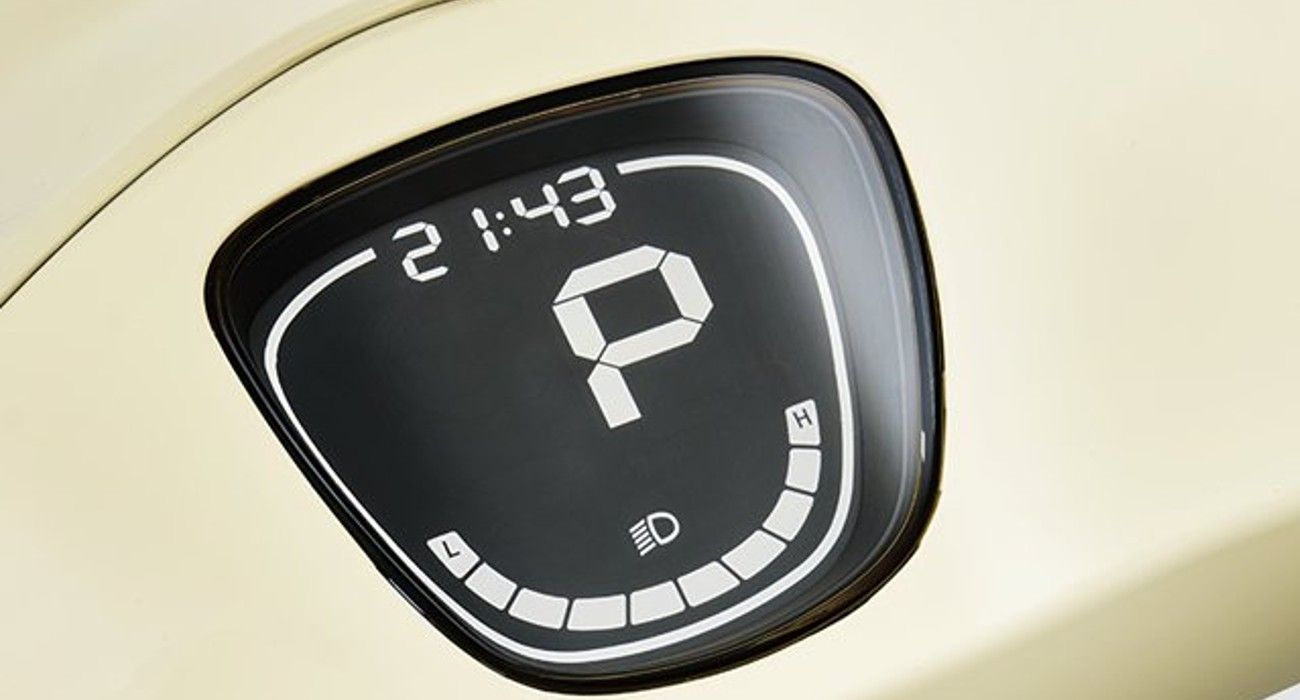The transportation sector accounts for the largest portion of the greenhouse gases emitted in the United States, with passenger vehicles comprising roughly 16% of all U.S. greenhouse gas emissions. Electrification is seen as the best path forward to reducing those emissions, but many are still hesitant to make the switch to electric vehicles. But according to a study done by the University of Michigan School for Environment and Sustainability, nearly all Americans would see a reduction of the amount of money spent on transportation energy, either electricity or fuel bills, by switching to EVs. However, making the switch isn't realistic for all, the study cites.
EV Location Matters For Saving On Costs
It's no secret that electric vehicles are, for the most part, cheaper to run, produce less greenhouse gas emissions, and fill up their batteries for cheaper than you can fill up a gas tank. And according to the study, the latter holds true. It reports that 90% of vehicle owning households in the United States would see a reduction of the amount of money spent on transportation energy by switching to electric vehicles. However, an estimated 8.3 million households would continue to experience high transportation energy burdens, spending more than 4% of household income on gassing up or charging dependent upon location.
“However, EV ownership in the U.S. has thus far been dominated by households with higher incomes and education levels, leaving the most vulnerable populations behind," study author Joshua Newell, an urban geographer at the U-M Center for Sustainable Systems, said. "Policy interventions are needed to increase EV accessibility so that all Americans can benefit from the EV transition.”
The study by U-M is the first to analyze distributive justice by calculating the EV energy burden, which is the percentage of income spent on EV charging. Distributive justice is the fair distribution of benefits and burdens. According to the study, households on the west coast and in the northeast would see the largest benefit from EV adoption due to cleaner energy grids and lower electricity prices. However, lower income households in the Midwest would not see as great a benefit due to higher electricity prices and electric grids that rely mostly on fossil fuels for energy production. Alaska and Hawaii residents would also see a reduced benefit as their electricity prices are very high compared to the national average. Several other factors contribute to fewer savings with EV adoption including, cold winter temperatures that impact battery performance, and electricity prices that are higher relative to gasoline prices.
What Can Be Done?
According to the study, households with income less than 30% of the local median would experience higher than average burdens by adopting electric vehicles. “We identified disparities that will require targeted policies to promote energy justice in lower-income communities—including the subsidizing of charging infrastructure—as well as strategies to reduce electricity costs and increase the availability of low-carbon transportation modes such as public transit, bicycling and car sharing,” said study lead author Jesse Vega-Perkins. By studying specific regions of the United States, the study was able to evaluate three factors associated with the EV transition: the cost of fuel wether that be electricity or gas, greenhouse gas emissions, and the burden of transportation costs defined in this study as spending more than four percent of household income on filling the tank or charging up. “Our analysis indicates that future grid decarbonization, current and future fuel prices, and charging accessibility will impact the extent to which EV benefits will be realized, including lowering transportation energy burdens for low-income households,” said study senior author Greg Keoleian, director of U-M’s Center for Sustainable Systems. While the future of transportation in the United States may be electric, according to the results of this study we still have work to do to make electric vehicle adoption a reasonable and sustainable reality for most Americans.



-2.jpg)